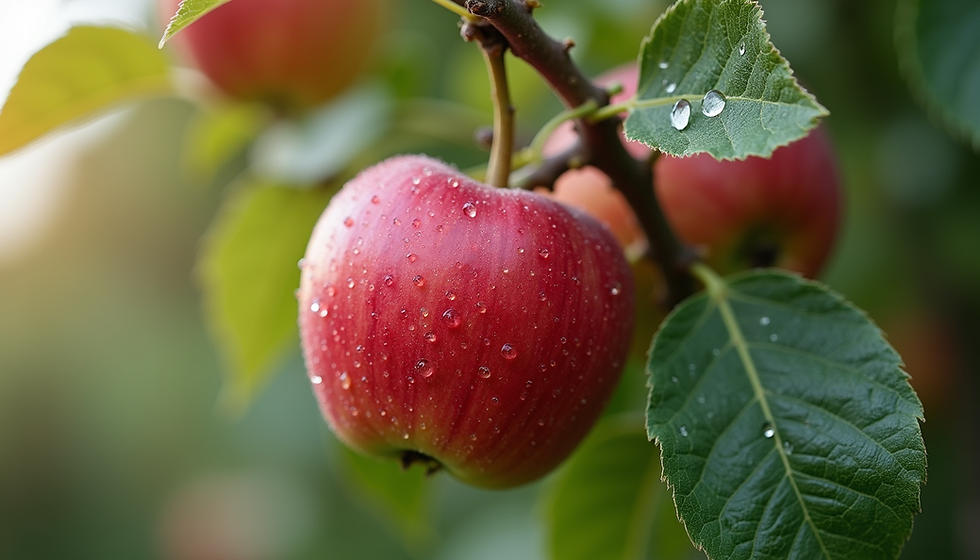Preservatives... Good or Bad????
- Natana Naturals

- Nov 22, 2020
- 2 min read

There's a great deal of hype surrounding preservatives which can make it hard to know what's good or bad, if they're necessary or not, etc... But according to research from a variety of reputable sources, Natana Naturals presents answers to the most commonly asked questions concerning preservatives.
Are preservatives necessary in skincare\cosmetics?
Yes
Many skin care products and cosmetics contain water which bacteria love, especially with additives, i.e. Many cosmetics and skin care products. Even if a lotion, oil, or similar item doesn't have water in it, it is likely that bacteria-covered fingers are dipping into it on a daily basis, thus contaminating the product. However, preservatives can prevent this, which is the main reason as to why they are necessary. They are not to harm, but to protect. Most products containing preservatives contain less than 1% of them, which is a small enough amount to prevent any human harm, yet keep harmful bacteria from rapidly forming and mutating. Exceptions may be made with pure oils which can be directly added to your hand without dipping or cross contaminating.
What preservatives are safest?
Some preservatives are considered less safe than others.
Safest Preservatives:
Ethylhexylglycerine, Phenoxyethenol and Propylene Glycol (Plant derived). Despite what some articles say, vitamin E is not a viable preservative, nor are essential oils. Although vitamin E and essential oils have many beneficial properties, being a preservative is not one of them.
Propylene Glycol:
Propylene glycol has gained much attention over the years. "The Food and Drug Administration (FDA) has classified propylene glycol as 'generally recognized as safe,' which means that it is acceptable for use in flavorings, cosmetics, drugs, and as a direct food additive. According to the World Health Organization (WHO), the acceptable dietary intake of propylene glycol is 25 mg of propylene glycol for every kilogram (kg) of body weight." Considering the fact that this preservative isn't ingested when used in skin care products and is typically used in a lower percentage, it is considered safe.
Phenoxyethenol:
According to the European Scientific Committee on Consumer Safety, phenoxyethanol is safe for all consumers, including children of all ages when used as a preservative in cosmetic products at a maximum concentration of 1%. It has a large spectrum of antimicrobial activity and has been widely used as a cosmetic preservative for decades. It is effective against a multitude of Gram-negative and Gram-positive bacteria, as well as yeasts.
Ethylhexylglycerine:
Ethylhexylglycerin is a highly relevant cosmetic sensitizer, even in products advertised as safe for consumers. Ethylhexylglycerine is also synergystic with Phenoxyethenol, which results in a better ability to kill harmful bacteria.
What Preservatives are potentially less safe?
Parabens
Formaldehyde
What are the risks of using products without preservatives?
Bacterial contamination
Infection
Summary:
Generally speaking, preservatives are in our skincare products for good reason. They are there to keep us safe from infections and prevent product spoilage. It is best to still choose products with the safer preservatives listed above in order to keep you looking healthy and beautiful!
Natana Naturals
References:



Comments